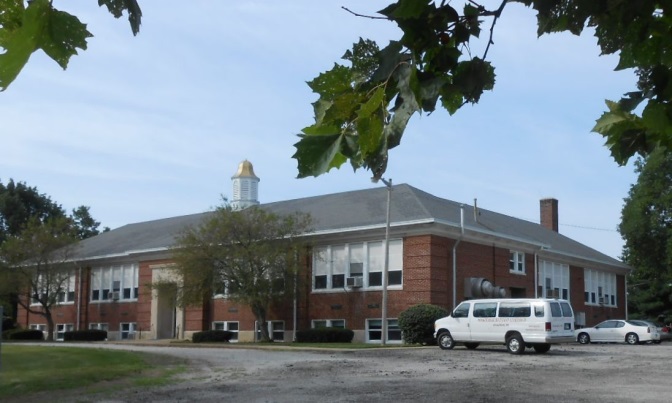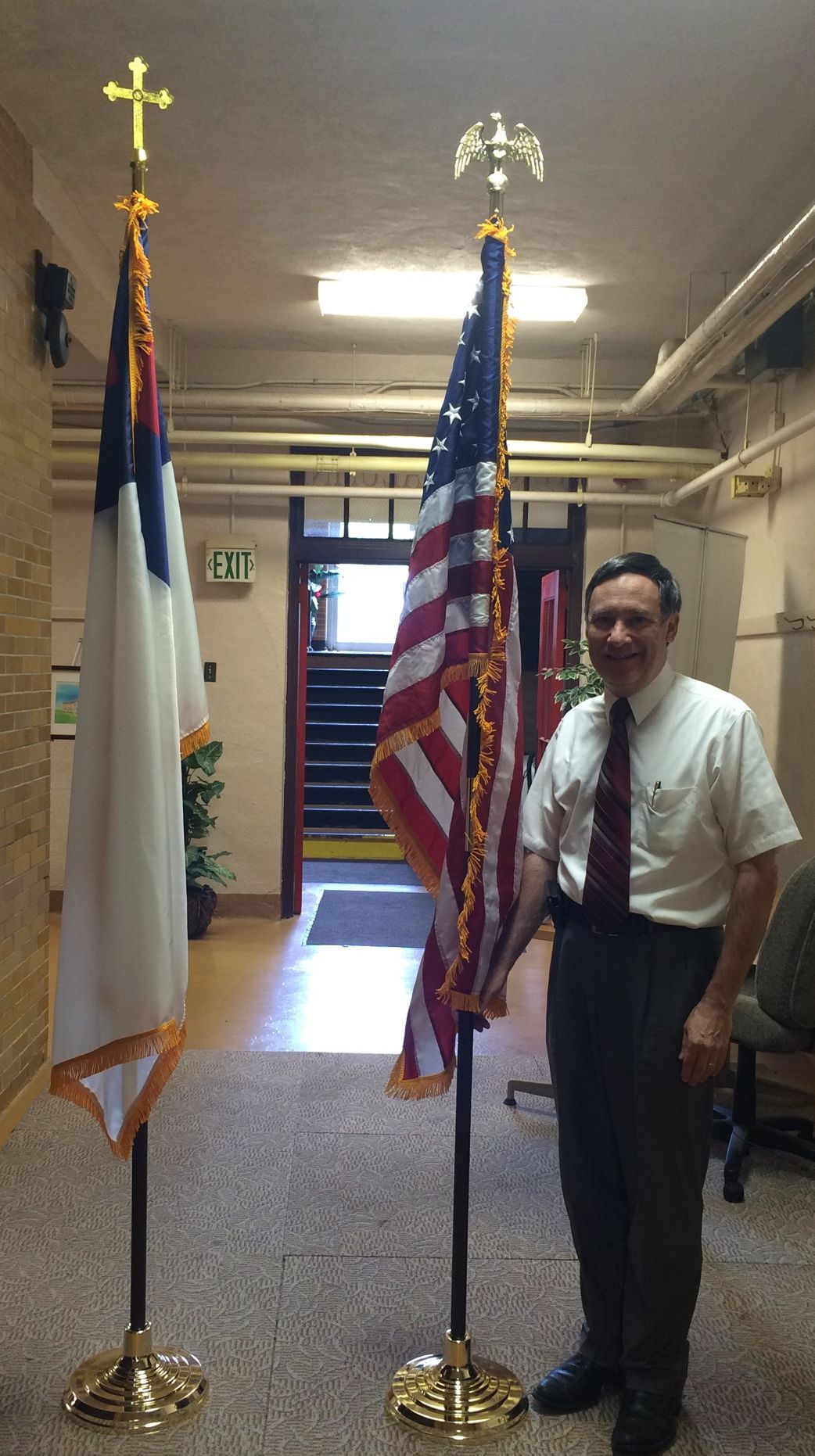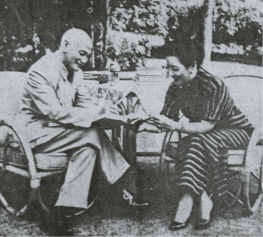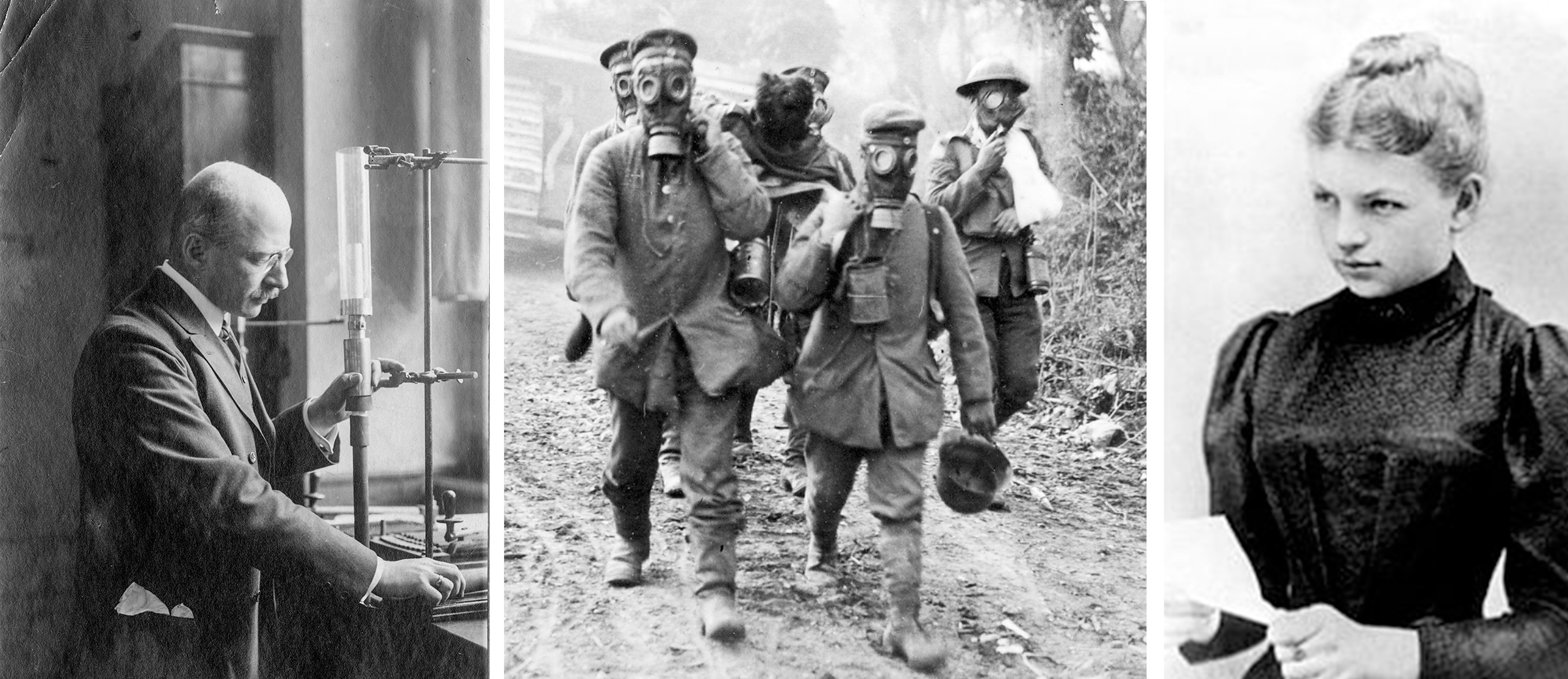Sixth Year to Begin at Hopewell

The first day of classes for the Fall 2016 semester starts on Wednesday, August 31st.
After so many wonderful blessings, we are looking forward to the sixth year on our beautiful campus. Teachers and students are excited about the fall classes including the different college events planned for this year.
Please call the college for a brochure, or look online for the list of upcoming classes. We would love to have you join us this fall!
The Little Things

In my father's Bible, next to Romans 12:16, my Dad wrote this phrase: Love little things.
At Heritage Baptist College, the Lord has blessed us in some big ways, including a beautiful campus, quality faculty, and steadfast friends. But the little things that God does for us, shows his daily handiwork in our lives.
Last month, I mentioned the gift of the three mobile air conditioners. Over the past six years it has been a steady stream of small gifts from various friends, family, and churches that have helped us progress.
In the early days, we borrowed items until the Lord supplied. In the first year at Hopewell, we borrowed all our auditorium chairs, The needed tables and even the platform was also borrowed from different churches. In time some chairs were donated, and a husband and wife donated money to buy 200 new chairs and tables. Then men from several churches designed, constructed, and carpeted a new platform in 2016. A young businessman paid for the materials.
One of the small items that we have continued to borrow are the auditorium flags. A few weeks ago, an alumni pastor in Florida and his church met that need. We are so grateful to them and to the Lord!
Through salvation the Lord showed His great love to us, but we often experience that kindness through the daily little things.
Thankful to the Victor

Chiang Kai-shek led China through eight years of war against Japan. His nation fought "The Land of the Rising Sun" four years before America entered WWII after the attack on Pearl Harbor. Some 20 million Chinese died because of the war, and China was nearly overrun.
Though the effort of the Chinese during WWII has often been belittled, their spirit of not quitting kept half a million Japanese soldiers stationed in China, away from the conflict with America.
On August 14, 1945, at 10:50 a.m., Japan's Emperor Hirohito spoke on radio and gave the surrendered for the nation.
The next day Chiang Kai-shek rose early, and wrote in his diary: "I thanked God that the mercy he gave me was so great. Every word in Psalm 9 is true, in my experience." A few hours later, broadcasting to the Chinese nation, Chiang Kai-shek quoted the name of Jesus Christ and his teaching to love your enemy. (Mitter, Rana. Forgotten Ally. New York: Houghton Mifflin. 2013. p. 362)
For Good or For Evil

One hundred years ago, scientists speculated that the world would suffer vast famines due to rising population and the depletion of nutrients in the soil from the lack of fertilizers. As the population in the world grew, theory stated that the land would be unable to sustain the vital crops and that more and more land would be needed to compensate.
On to the scene came a scientist named Fritz Haber (1868-1934). Haber was born a German Jew, but later converted to Lutheranism to further his career.
Nitrogen and ammonia are required ingredients for fertilizer. Nitrogen is readily found in the air we breathe, however in 1900 it took an expensive South American mining process to extract the required substance. Working over the course of a decade, and in conjunction with other German scientists and assistants, Faber discovered a way to cheaply obtain the needed ingredients in what became known as the Faber-Bosch process. By 1913 a German chemical plant was built, and the following year, 20 tons per day was being produced.
In August 1914, Germany declared war on France, and Europe was plunged into WWI. As a result of the embargo, Germany was restricted from getting the nitrates for explosives. The new Faber-Bosch process allowed for the ammonia needed for explosives. This German discovery just before WWI is believed to have given Germany the added munitions to continue the war by two more years.
Yet today, the annual production of fertilizer using the Faber-Bosch process is 100 million tons. The food base of half of the current world population is because of his work, and Faber received the Nobel Prize for his discovery.
As in many things in life, a resource can be used for good purposes or for destruction - so also with people.
Fritz Haber has the distinction of helping the world to feed billions, but the darker side of his life as a chemist includes his title as "The Father of Poison Gas Warfare."
After WWI started, Haber developed chlorine gas and a way to distribute it on the trench dug battlefield. He went to the front at Ypres when it was first used against the French. Some 67,000 casualties resulted.
Haber himself only sustained one casualty, his pretty wife, Clara. Clara was also educated, and she held a Ph.D. in chemistry. The couple had been married thirteen years and had one son. Clara was opposed to Faber's work in gas warfare as immoral. During that initial Ypres campaign, after a heated argument, Clara took Haber's pistol to their garden and shot herself through the heart. (Larsen, Erik. In the Garden of Beasts. New York: Crown Publishing. 2011 p. 77)



